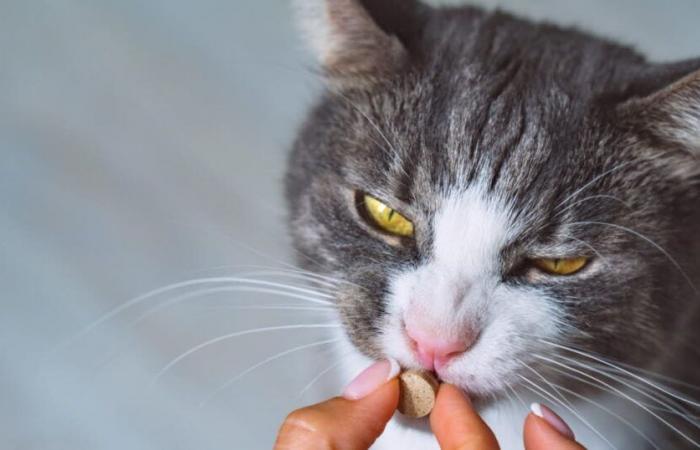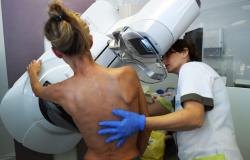External antiparasitices are effective protection against ticks, chips and mosquitoes for our pets. But beware, as the National Health Safety Agency (ANSES) recalls, using a product designed for one species on another can have dramatic consequences.
Cats are particularly vulnerable to products containing permethrin. Unable to eliminate this substance from their organism, they quickly develop severe neurological disorders: tremors, convulsions, agitation, even coma. These symptoms, often accompanied by digestive disorders, can be fatal. Thus, in 2024, 82 cases of undesirable effects were declared in cats in France after having used a drug based on permethrin. 34 serious cases and four deaths have been identified.
Rabbits are not spared by these risks. Exposure to fipronil, a substance present in many antiparasitices for dogs and cats, can cause in them loss of appetite, lethargy, digestive and neurological disorders, sometimes fatal. In 2024, 19 cases of adverse effects were recorded in rabbits following the use of fipronil products, including 3 serious cases.
A particularly concentrated danger
The pipettes are the most dangerous due to their high concentration. A few drops on the skin or licked are enough to trigger serious poisoning. And this, despite the clearly indicated warnings on packaging and user notes.
How to protect your pet?
To avoid these accidents, some simple precautions are essential:
- Never use an antiparasitic intended for one animal species on another;
- If your animal has been accidentally exposed, wash it immediately with lukewarm water with soap or dishwashing liquid;
- Consult a veterinarian quickly, even if no symptoms are still visible.








